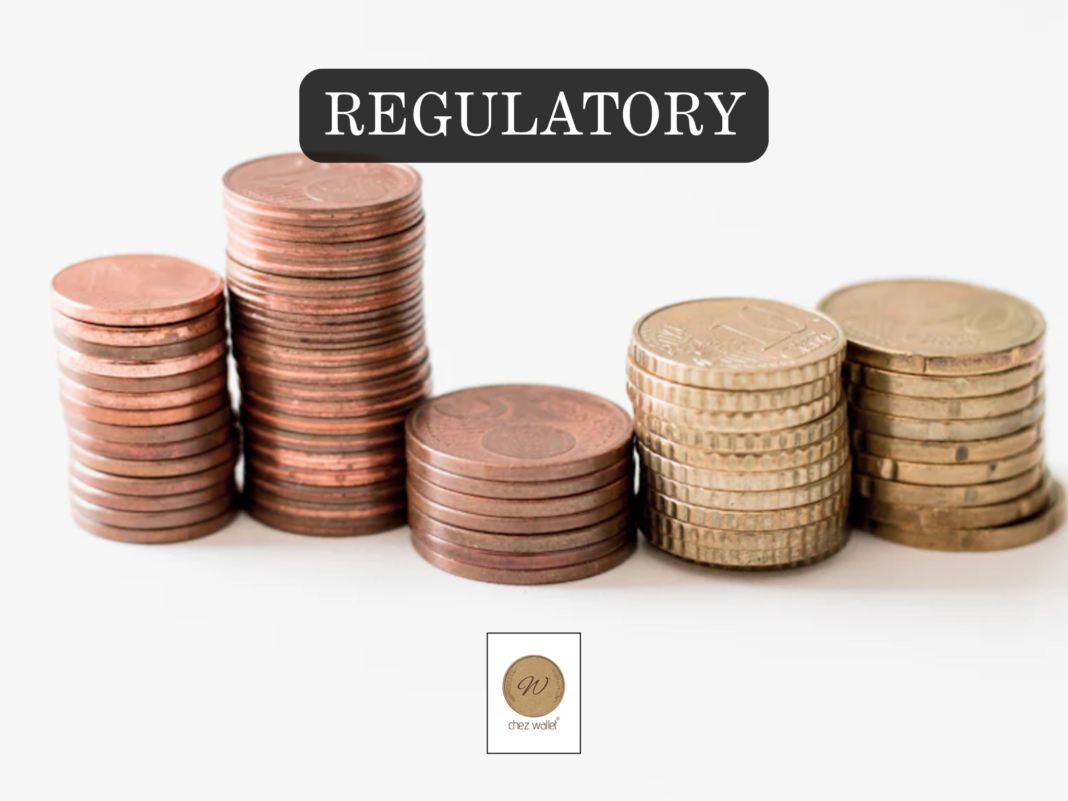In a significant milestone for Pakistan’s digital economy, the government has introduced its first comprehensive policy framework to regulate virtual assets and virtual asset service providers (VASPs). This long-anticipated move signals the country’s formal entry into the global regulatory conversation surrounding cryptocurrencies and digital financial services, bringing it in line with international standards, particularly those set by the Financial Action Task Force (FATF).
Announced by the Federal Investigation Agency (FIA) on Thursday, the new policy aims to create a structured environment for crypto-related businesses while addressing national security concerns linked to financial crimes. The framework was developed by a special government body working under the Anti-Money Laundering (AML) and Counter-Terrorism Financing (CTF) authority, showcasing a coordinated approach to mitigating risks while embracing innovation.
“This is a paradigm shift in how Pakistan views digital finance,” stated FIA Director Sumera Azam. “The policy proposal seeks to strike a historic balance between technological advancement and national security imperatives.”
The document outlines clear guidelines for a broad spectrum of digital finance operations, including cryptocurrency exchanges, wallets, custodial services, and other emerging platforms operating within the crypto ecosystem. These service providers—previously operating in a legal gray area—will now be required to register and comply with a set of standardized regulations focused on consumer protection, transparency, and financial integrity.
Central to the framework is compliance with FATF’s Recommendation 15, which urges member nations to apply AML and CTF standards to new technologies such as virtual assets (VAs). By aligning its regulatory efforts with FATF guidelines, Pakistan aims to both reduce financial crime risks and strengthen its standing within the global financial system, a critical step as the country looks to attract international digital finance investments.
This move comes in the wake of the formation of the Pakistan Crypto Council, a recently established body aimed at fostering a conducive environment for legal cryptocurrency trading and blockchain innovation. The council has been instrumental in consulting with government agencies and proposing frameworks that can help Pakistan responsibly integrate crypto technologies into its economic mainstream.
While the framework has been officially introduced, it will undergo further stakeholder review and legislative approval in the coming months. The FIA confirmed that phased implementation is planned for 2026, ensuring both regulators and businesses have time to adapt to the new legal and operational requirements.
Importantly, the policy is not solely enforcement-focused. The FIA emphasized its commitment to building institutional capacity, supporting responsible innovation, and integrating Pakistan into the global digital finance ecosystem. Through this balanced approach, the government hopes to unlock the full potential of virtual assets while safeguarding against misuse and financial threats.
By taking this bold step, Pakistan has joined a growing list of nations developing formal strategies for digital finance governance. If implemented effectively, the framework could pave the way for a regulated, secure, and innovative virtual asset market, offering new opportunities for investors, fintech startups, and blockchain developers in the region.






